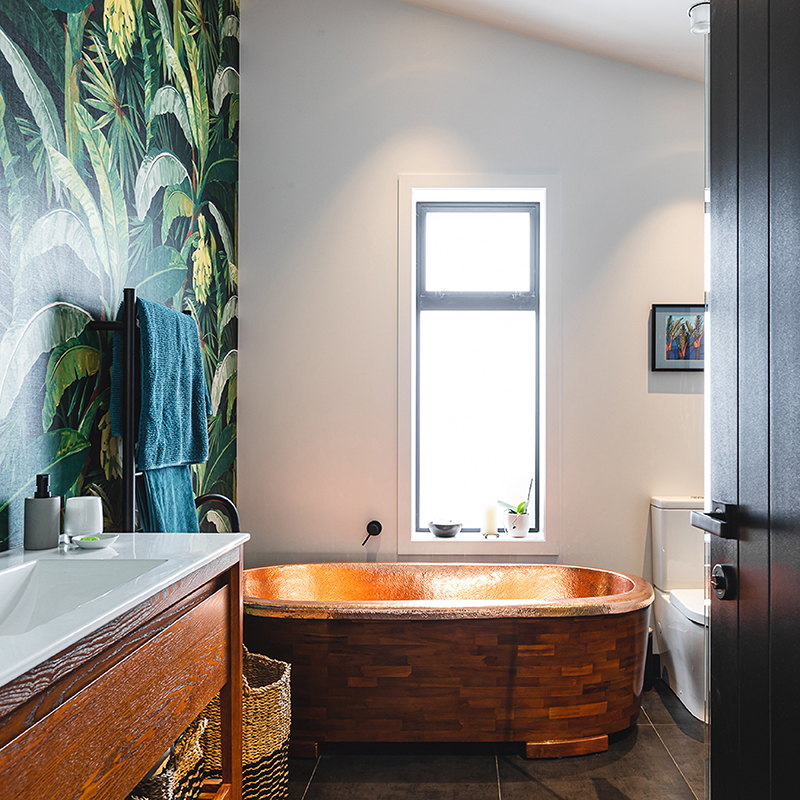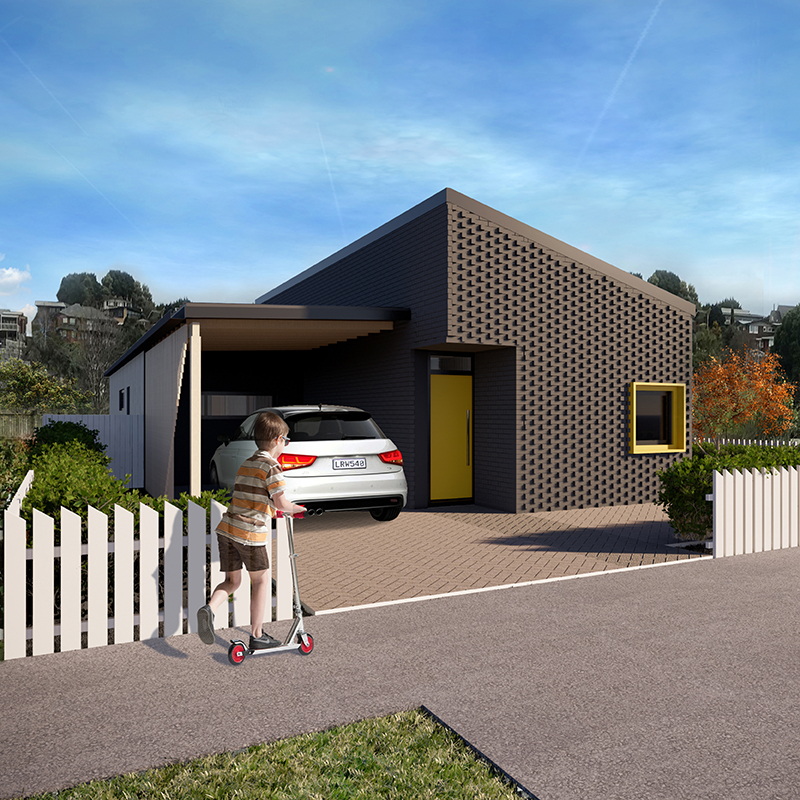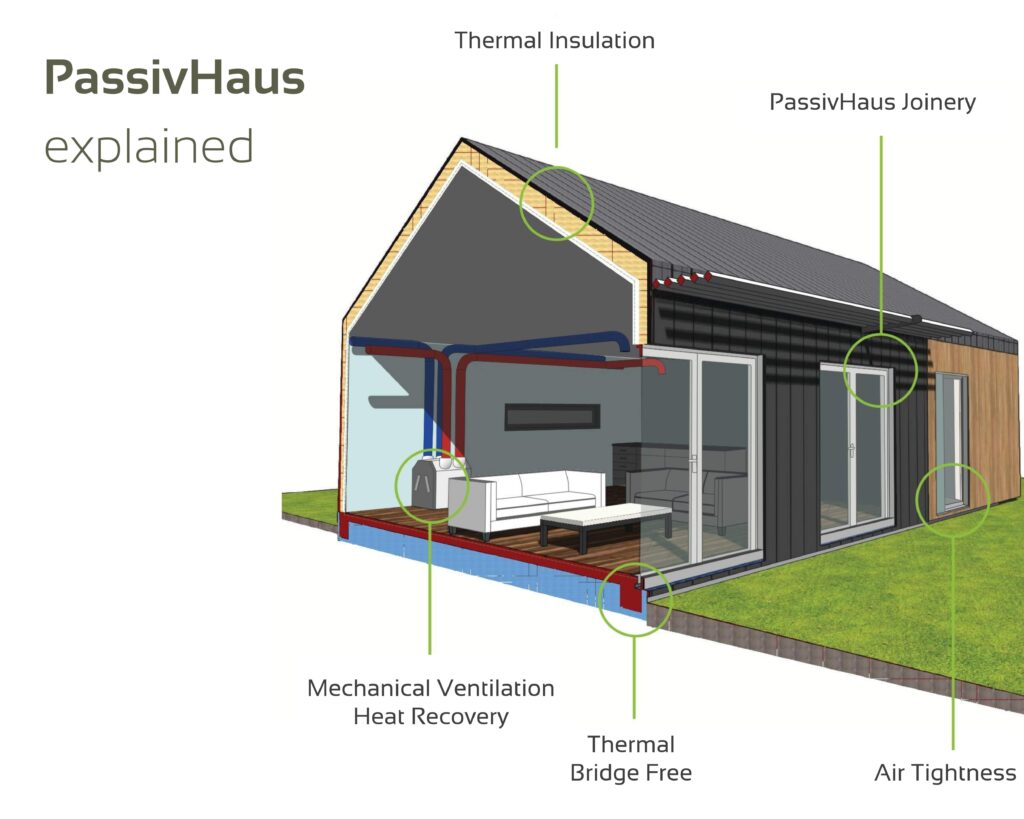


Designing your eHaus
People's House Collection
Build-Ready Plan Range, What's Included, Sustainable Approach, Pricing
Custom Build
Process, Performance Options - eHaus Euro, eHaus Pacific, designHaus
Tour an eHaus with our Waikato Open Construction Day on 12 December. Register here.
Not all eHaus' are certified Passive Houses but rest assured that every eHaus is designed and built to deliver exceptional living experiences, without compromise. While only our eHaus Euro homes have the potential to be certified as Passive Houses, our eHaus Pacific homes still undergo the same rigorous internal checks and processes. Though they don’t meet the stringent Passive House criteria, eHaus Pacific homes are awarded eHaus verification upon completion, following a final airtightness test.

Achieving Passive House certification is a rigorous process that ensures your building meets the highest standards of energy efficiency, comfort, and sustainability. But is it worth it for your eHaus? Let’s explore the certification process and help you decide.
Certification provides a level of assurance that your home will perform to the Passive House standard, which guarantees:
The Passive House certification process involves several stages, each ensuring that your home is designed and built to meet the Passive House standard. Here's a brief overview of what to expect:
The cost of certification varies depending on the complexity of your project. The pricing for a family home ranges from $8,000 to $12,000.
Not all eHaus clients opt for certification, but if you’re looking to ensure your home achieves the highest standards in energy efficiency, comfort, and sustainability, certification can be a valuable investment. Whether you choose to certify or not, building an eHaus guarantees performance that far exceeds conventional homes. If you’re building an eHaus Euro and want to ensure your home reaches the highest possible performance standards, Passive House certification is a solid investment in both your home and its long-term value.
Please note that the certification process is reviewed regularly, and some requirements are beyond our control. While every effort will be made to achieve certification, it cannot be guaranteed.